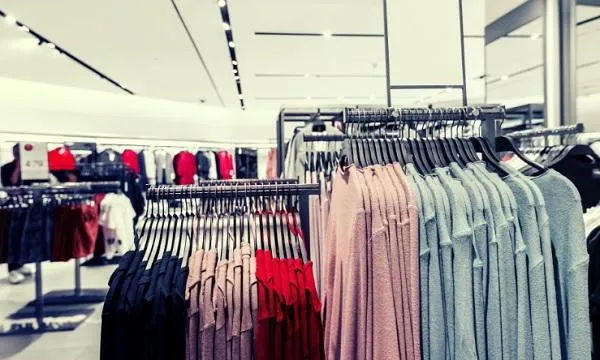
Weekly News Wrap: Shopee sends regional rivals scrambling; H&M disappears from Chinese sites after Xinjiang comment
And Amazon urges Indian regulators not to change e-commerce investment rules.
From Reuters:
In front of an open-air Jakarta restaurant, delivery drivers clad in the orange colours of Sea Ltd. wait for orders next to the green-jacketed riders of market leaders Gojek and Grab, in what has become the latest battleground for tech supremacy in Southeast Asia.
The humble noodles eatery signed up for Sea’s nascent ShopeeFood service a month ago, but “immediately, there were orders everyday,” said manager M.A Rasyid.
Riding on the success of a cash-generating gaming business, Sea has invested heavily in Shopee and successfully taken on Alibaba’s Lazada and other rivals in recent years. Its share price has risen five-fold over the past year, giving it a market value of $111b.
Now it is muscling into food delivery and financial services in Indonesia, the world’s fourth-most-populous country, posing a new threat to regional rivals including ride-hailing and delivery unicorns Grab and GoJek.
Read more here.
From CNBC:
Swedish clothing retailer H&M disappeared from major Chinese shopping sites and mapping apps after resurfaced comments, reportedly from last year, about its concerns over alleged forced labor in China’s western region of Xinjiang.
A CNBC search for “H&M” and “hm” in English on Taobao, the e-commerce site run by Alibaba, and JD.com yielded no results. Meanwhile, Alibaba-owned mapping app Amap as well as Baidu Maps did not display any results for the search term “H&M.”
JD.com declined to comment when contacted by CNBC. Alibaba and Baidu were not immediately available for comment.
Read more here.
From Reuters:
Amazon asked the Indian government not to change e-commerce foreign investment rules until investigations into its business practices had been concluded, two sources familiar with the discussions told Reuters.
The commerce ministry met e-commerce players after allegations by retailers, which are a crucial part of Prime Minister Narendra Modi’s support base, that Amazon and Walmart’s Flipkart create complex structures to bypass federal foreign investment rules and damage small traders. Both firms deny any wrongdoing and say they are helping small businesses in India.
New Delhi has been considering revising e-commerce foreign investment rules for weeks. The last time they were changed, in 2018, it forced Amazon and Flipkart to rework their business structures and soured trade relations between India and the United States.
Read more here.



















 Advertise
Advertise


